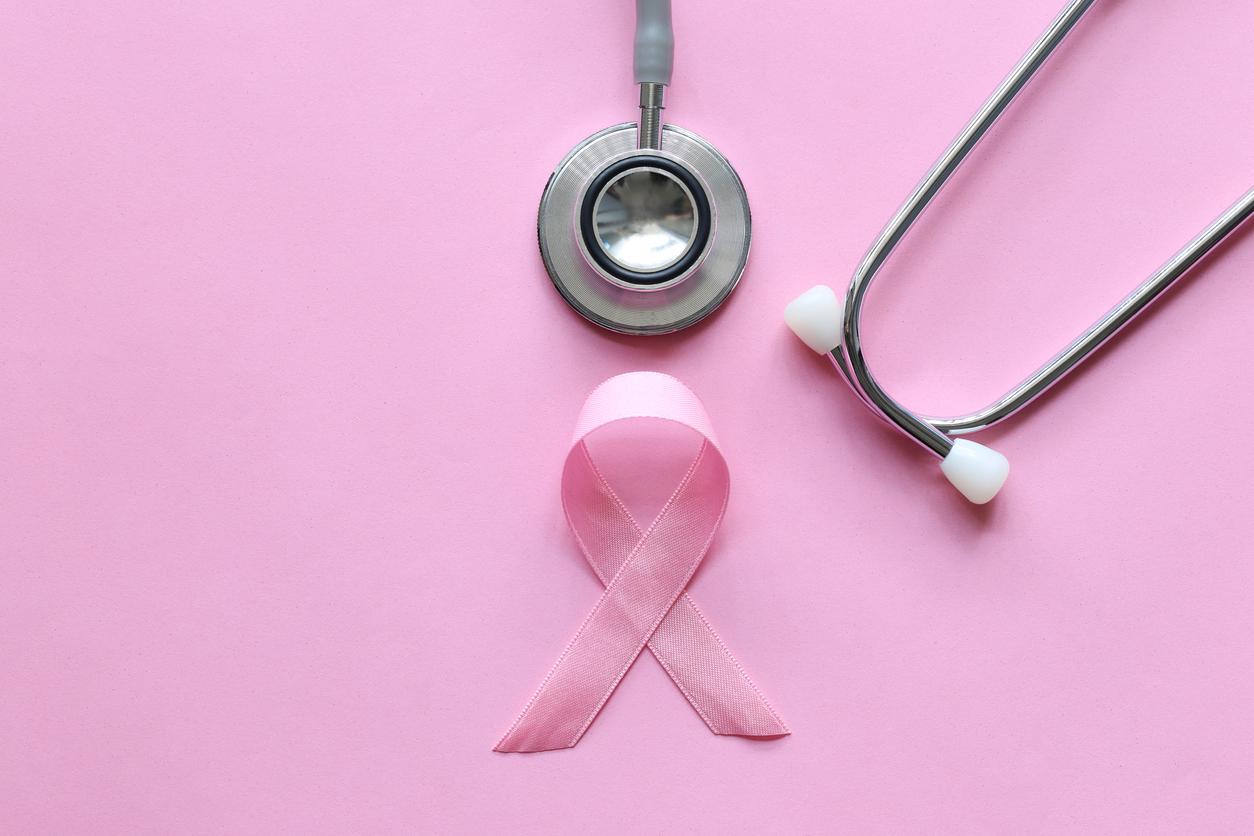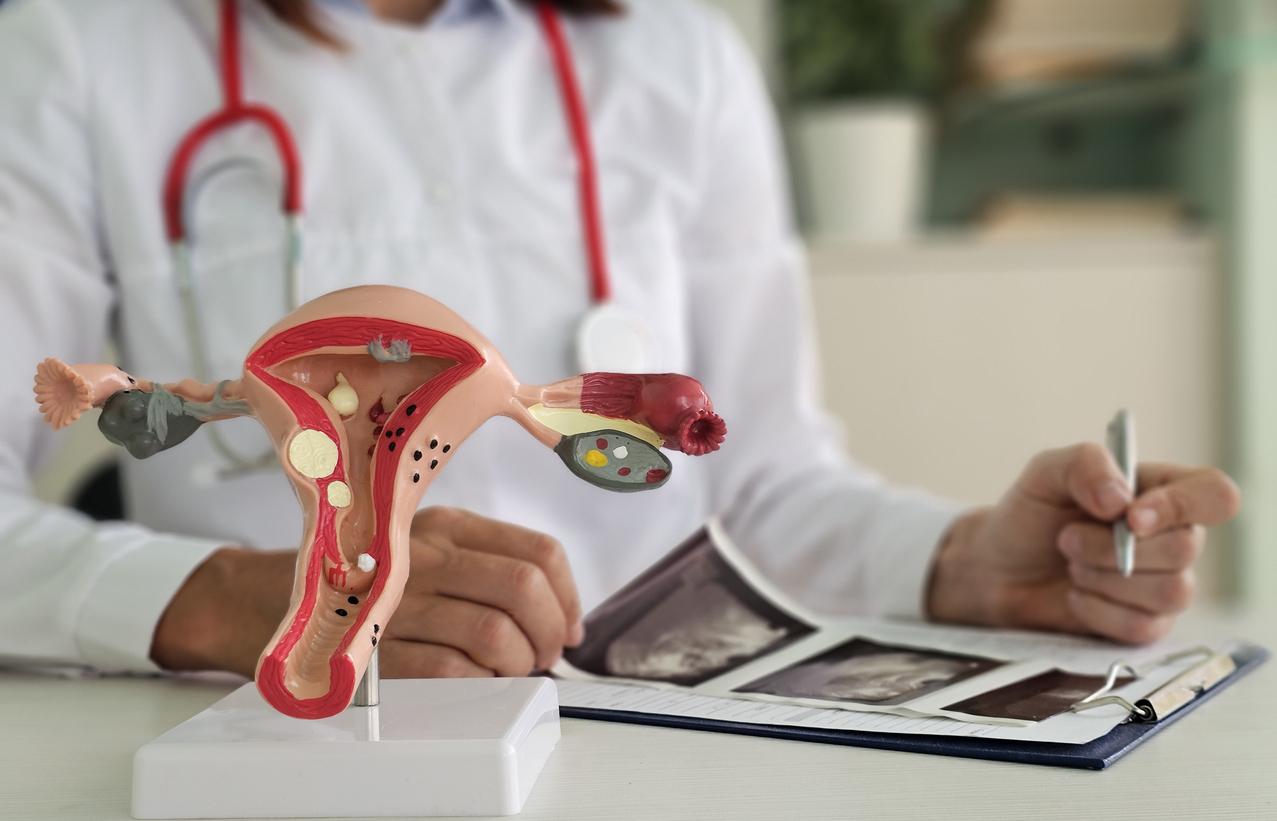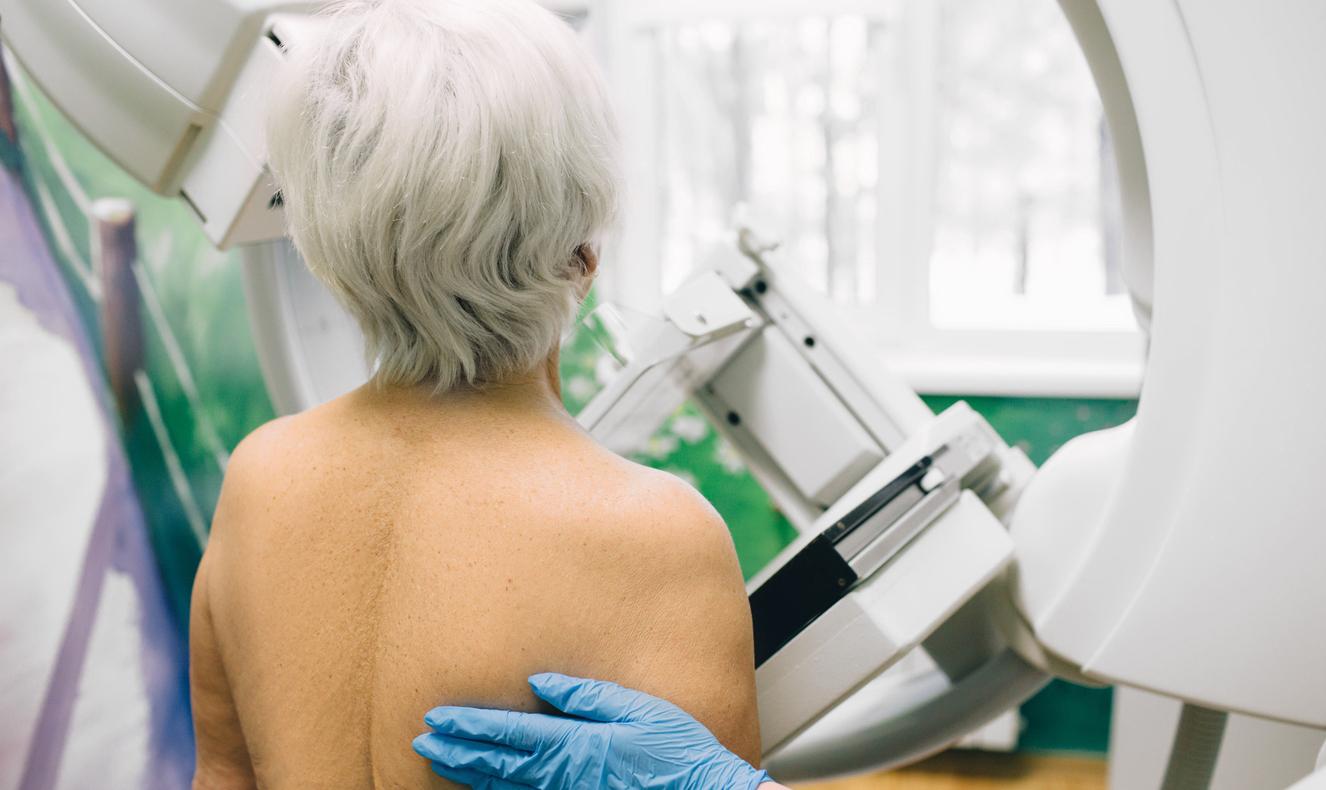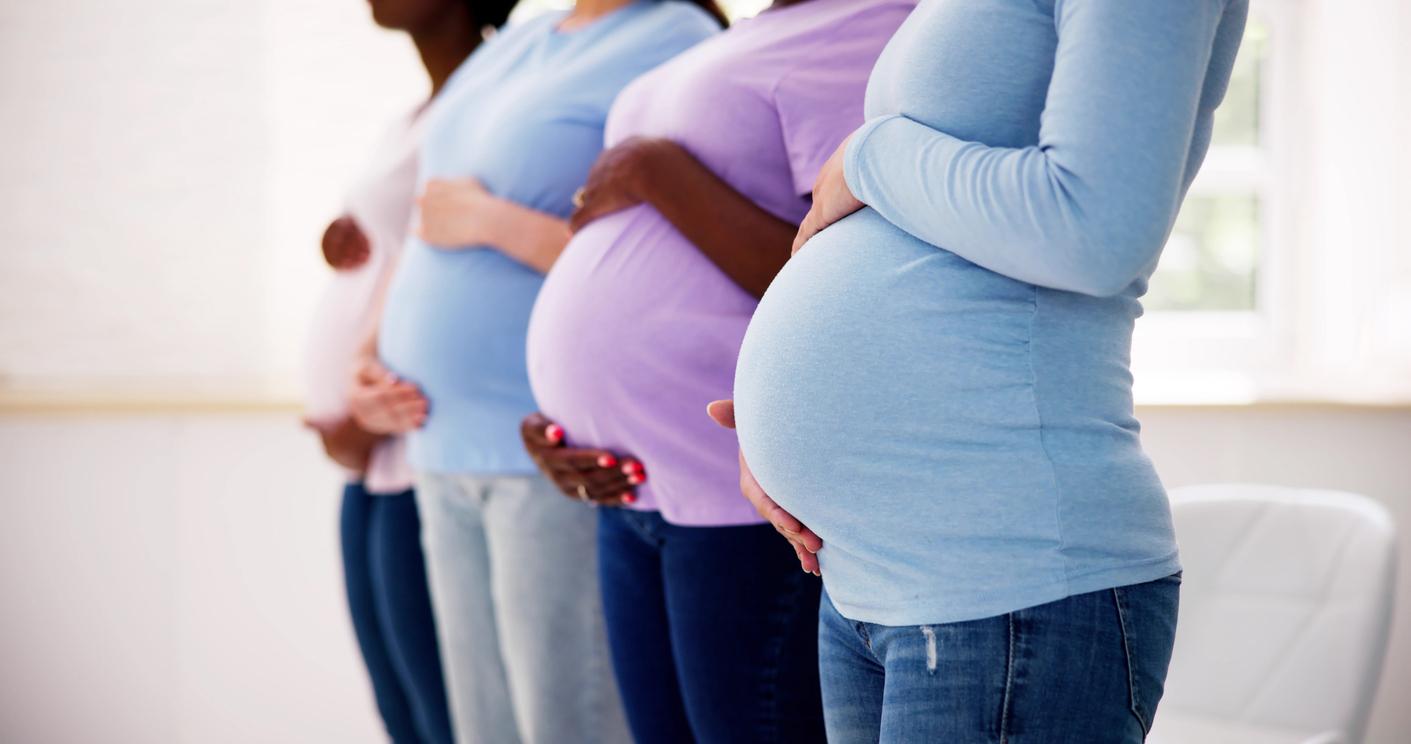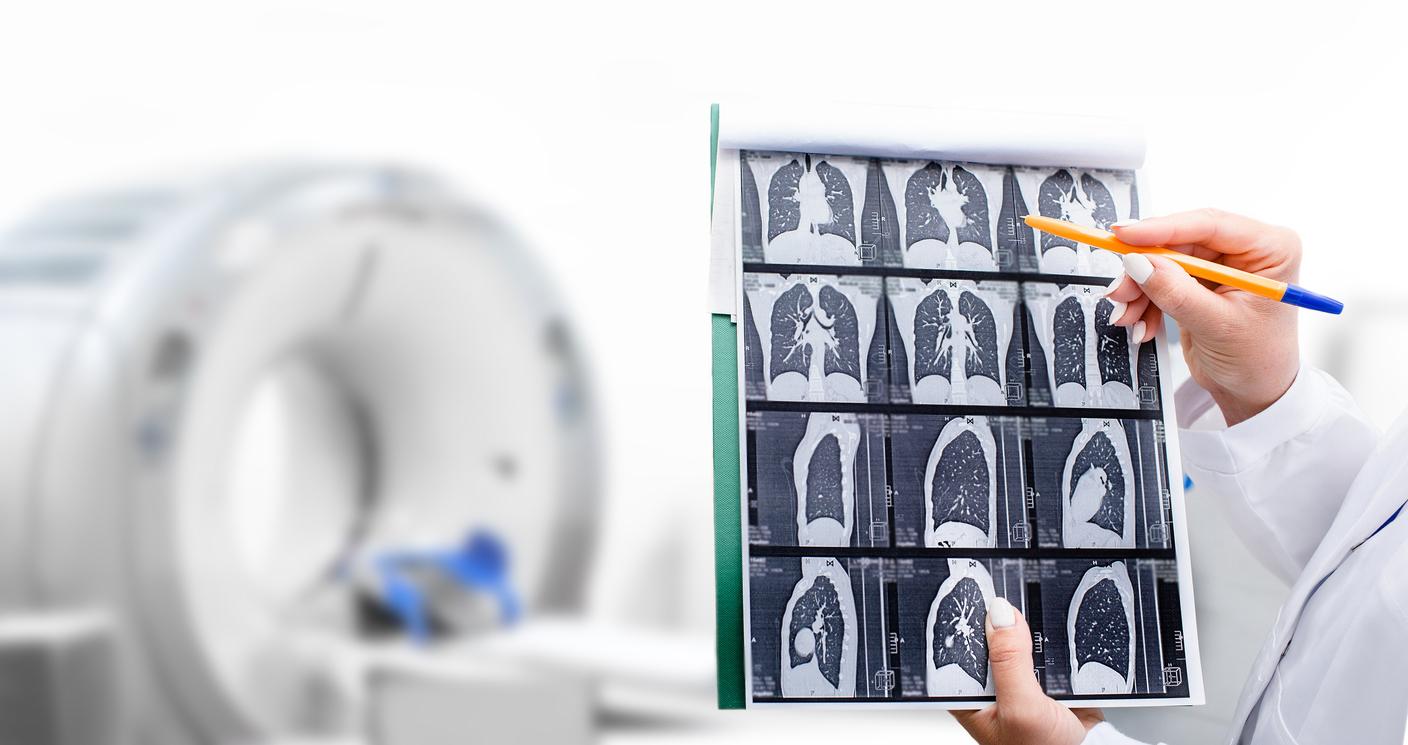Several French hospitals are now using artificial intelligence (AI) to improve the detection of cancerous tumors in the breasts. It can also make it possible to create a personalized follow-up for patients.

Detecting cancer early enough is essential: it increases the chances of recovery. But some tumors can be difficult to spot. At theInstitut Gustave Roussy of Villejuif, in the Paris region, artificial intelligence (AI) is used by doctors to better detect them. On a computer, it circles suspicious areas. Health professionals then check to see if they are indeed hiding a tumour. In this center, the first in the fight against cancer in Europe, the tool is also used for predictive medicine: it provides information on the potential evolution of the patient according to the patient’s breast tissue and her age. Doctors have a level of risk, and can thus propose an appropriate treatment.
A powerful system
This innovative screening method has proven itself. In January 2020, a study published in the journal Nature has shown that she can detect breast cancer more accurately than a radiologist. Artificial intelligence, developed by Google Health, reduced misdiagnoses by 5.7%, compared to radiologists. Conversely, it reduced the number of missed diagnoses by 9.4%. If this technique were to become widespread, it could improve and facilitate the detection of breast cancer.
Predict breast cancer risk
Artificial intelligence can go even further: in 2019, researchers from the Massachusetts Institute of Technology (MIT) revealed that they had created an AI capable of detecting a tumor even before it is visible on medical images. The technique is based in particular on the analysis of breast density: more than 90,000 mammograms have been used to train the AI. As a result, it is able to predict the risk of breast cancer within five years. “By predicting who will develop cancer, we can stop the disease even before symptoms appear”, developed Adam Yala, main author of this research.
How is screening organized in France?
In France, health professionals carry out palpations of the chest from the age of 25 to identify any suspicious growths. From 50 to 74 years old, women are encouraged to have a mammogram every two years. In case of high risk of breast cancer, screening is reinforced. About 60,000 new cases are diagnosed each year: it is the most common cancer in women.

.









